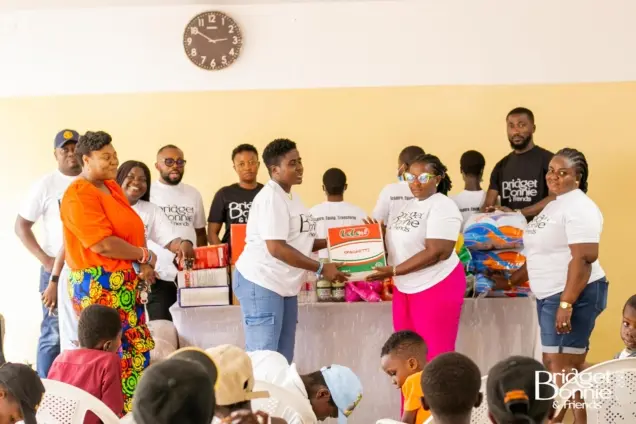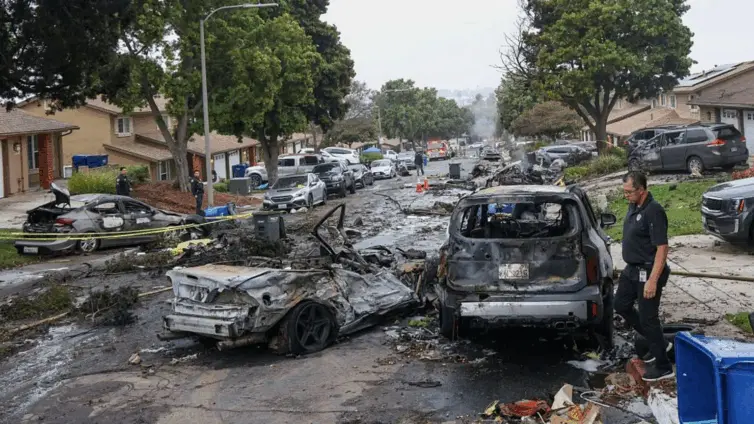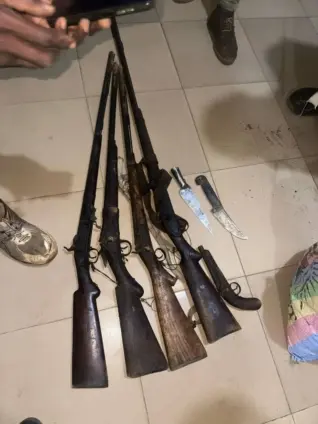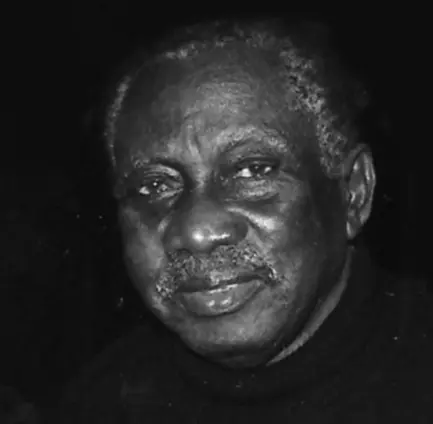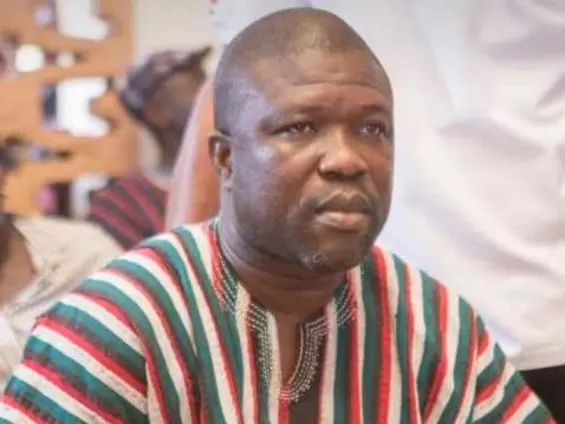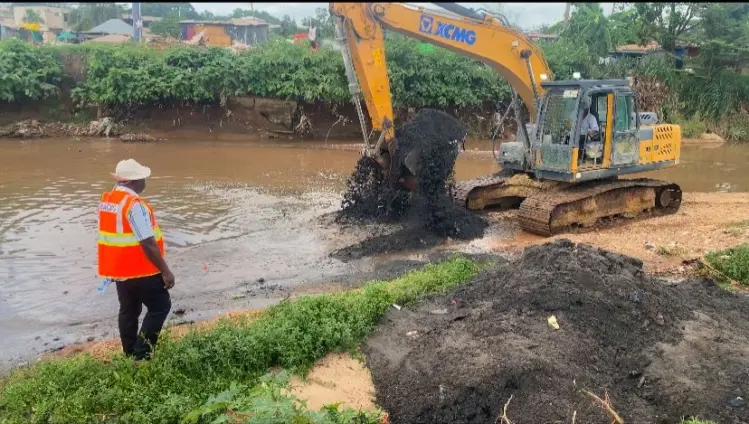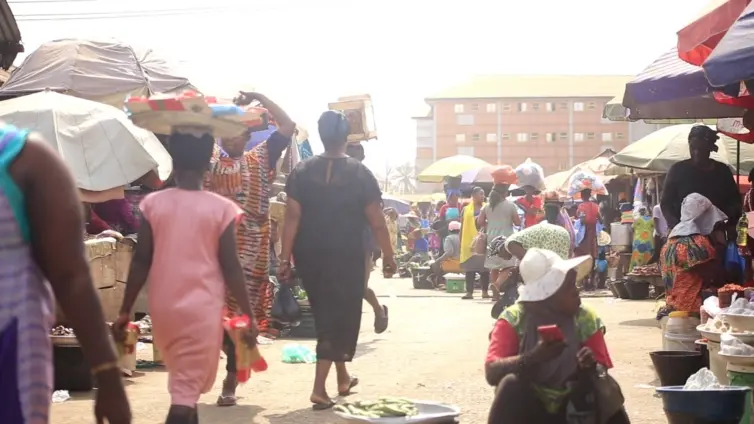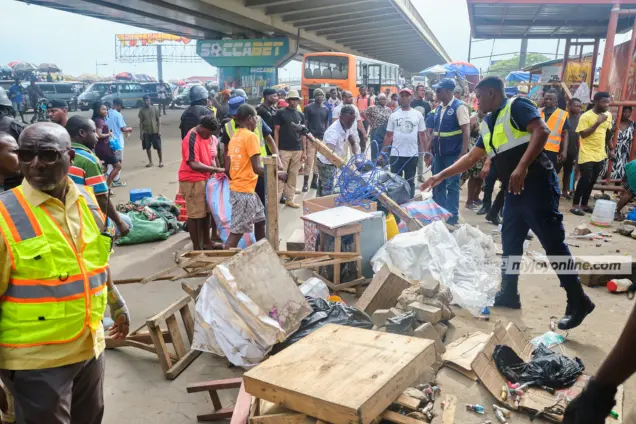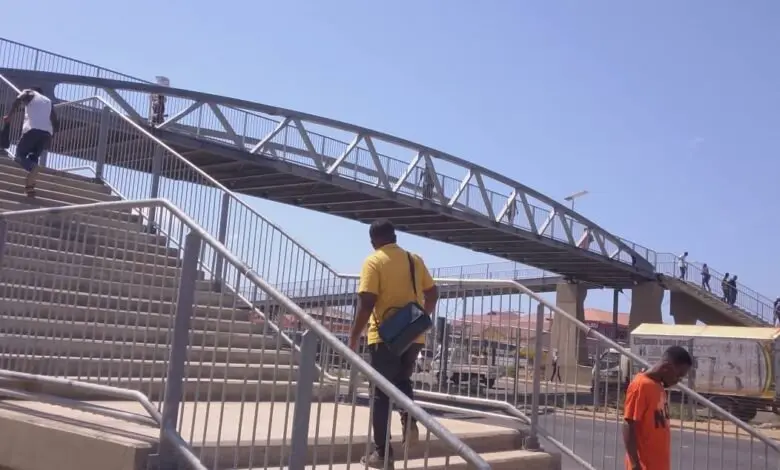The atmosphere at the Junior Girls Correctional Centre crackled with an unusual energy. It wasn’t the usual tension of confinement, but a palpable sense of hope, sparked by the visit of Bridget Bonnie, a staunch advocate for juvenile rehabilitation. Bonnie’s visit marked a celebration, a homecoming of sorts, for a young girl successfully reintegrated back into society after her time at the Centre. But it was more than just a party; it was a powerful statement about second chances, the importance of emotional support, and the persistent need for systemic reform within the juvenile justice system.
Bonnie’s dedication to Juvenile Rehabilitation shone brightly as she walked through the Centre, her presence a beacon of encouragement for the girls. The visit was timed to celebrate the successful reintegration of one of the girls, but it quickly blossomed into an event that delivered donations, emotional support, and a renewed call for much-needed change.
A Celebration of Reintegration & Generosity
The celebration of the reintegrated girl was the focal point, a symbol of what successful rehabilitation could achieve. It highlighted the potential within each girl at the center.
Essential Donations & Their Impact
Beyond the symbolic celebration, the visit was marked by significant acts of generosity. Bonnie delivered a range of essential items designed to improve the girls’ living conditions and overall well-being. The donations included new bunk beds, comfortable mattresses, a supply of sanitary pads, and an assortment of food items. These donations have a profound impact on the girls’ comfort and dignity.
Creating an Atmosphere of Hope & Healing
The celebration fostered a joyful atmosphere, a welcome change from the often-stark realities of life within the correctional facility. The girls shared food, listened to music, and engaged in conversations, creating a space of camaraderie and mutual support. This environment was intentionally created to instill hope and facilitate healing, reminding the girls that they are not forgotten and that their dreams still matter.
“They may be behind walls today, but their dreams and potential deserve a chance,” Bonnie said, her words resonating deeply with the girls and staff alike.
Addressing Emotional Needs & Encouraging Self-Worth
A critical component of the visit was the focus on emotional well-being, spearheaded by Dr. Juliet Yayra Tengey, a psychologist and youth advocate. Her presence underscored the importance of mental health support within the juvenile rehabilitation process.
The Power of Healing & Forgiveness
Dr. Tengey’s message centered on the power of healing, forgiveness, and the importance of self-worth. She spoke to the girls about overcoming their past traumas and embracing the possibility of a brighter future.
“Your past does not define your future. You have every right to dream again, and live again,” Dr. Tengey affirmed, her words offering a lifeline to girls grappling with guilt and uncertainty.
Overcoming Challenges & Rebuilding Dreams
Dr. Tengey addressed the challenges of overcoming past traumas. The importance of emotional support in Juvenile Rehabilitation can not be overstated, these girls have to be encouraged to rebuild their dreams. The psychologist emphasized the importance of resilience and the availability of resources to aid their emotional recovery. She urged them to embrace the opportunity for personal growth and to believe in their capacity for positive change.
Systemic Challenges & Calls for Action
While the visit was a moment of positivity, it also shone a light on the systemic challenges hindering the girls’ rehabilitation. Concerns were raised about the lack of consistent educational support and the limited opportunities for vocational training.
The Urgent Need for Educational Support
One pressing concern was the situation of a girl preparing for her Basic Education Certificate Examination (BECE). Due to a lack of consistent teaching support within the center, she faced significant challenges in her preparation. This lack of resources highlights a critical gap in the system, threatening to undermine the girls’ future prospects.
Vocational Training: A Pathway to Reintegration
The girls expressed a strong interest in vocational training, recognizing its potential to equip them with valuable skills for future employment. However, the center faces a shortage of qualified instructors, limiting the availability of these programs. Vocational skills enable successful reintegration into society.
Pledges of Support & Calls for Increased Attention
Hon. Charity Gardiner pledged her support to address some of these challenges, promising to advocate for increased resources and improved programs. Her commitment offered a glimmer of hope for tangible improvements.
Madam Vida Naa Ashiokaa Noye expressed her gratitude for the visit and called for increased attention from policymakers and the public, stating, “It’s not every day that people remember these girls… it’s about the dignity, love, and hope you’ve restored in them.”
Bridget Bonnie’s visit to the Girls Correctional Centre served as a reminder of the power of compassion and the importance of investing in juvenile rehabilitation programs. The event highlighted the transformative potential of emotional support, education, and vocational training in helping these young women rebuild their lives. As the girls continue their journey toward reintegration, it is crucial that they receive the resources and support they need to succeed. The future depends on reintegration efforts for these girls.
It is imperative that we support organizations working in Juvenile Rehabilitation and advocate for systemic changes within the justice system. By working together, we can create a society that offers every child, regardless of their past, a chance to reach their full potential, even those within a Girls Correctional Centre.
Image Source: MYJOYONLINE

